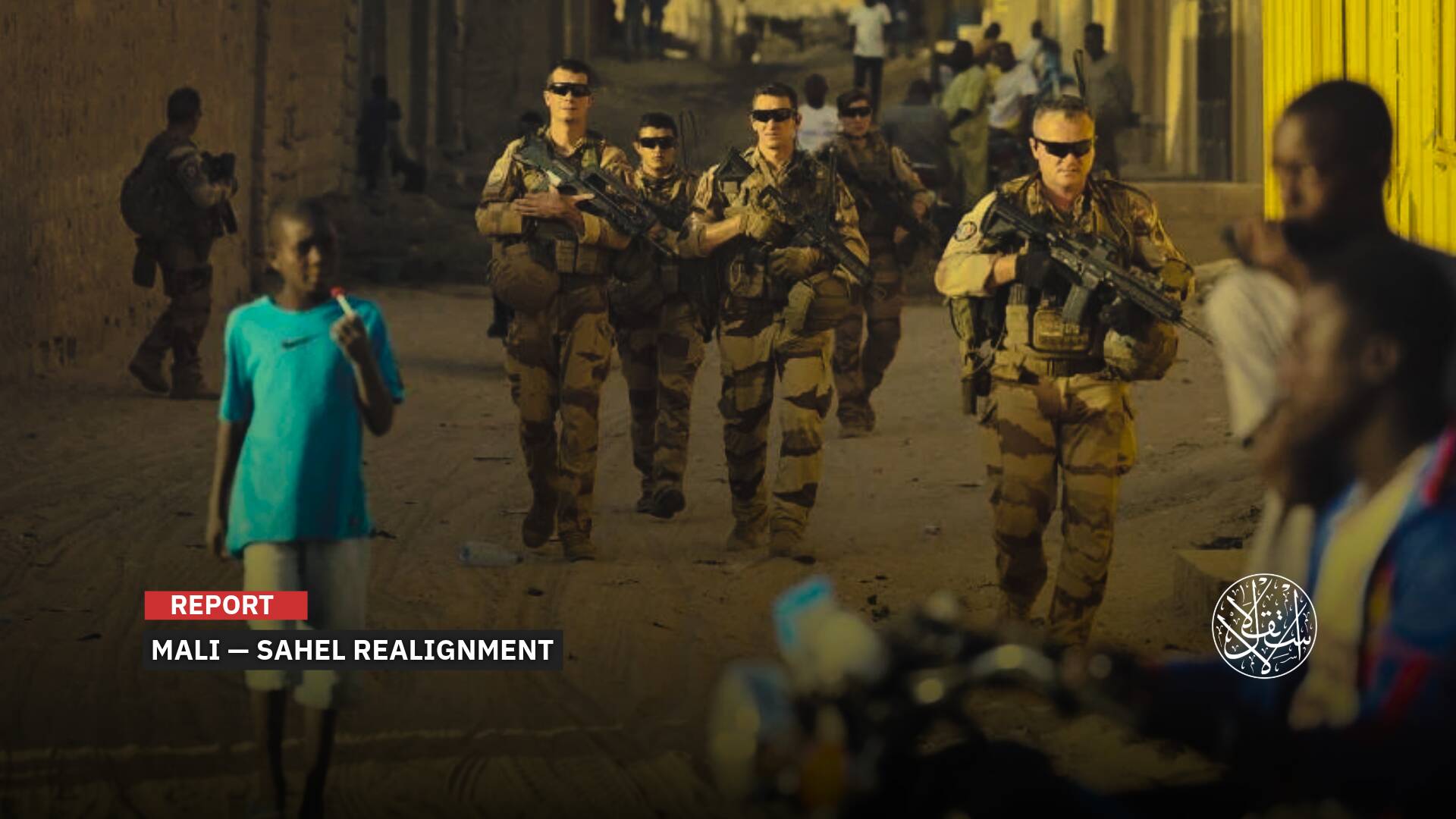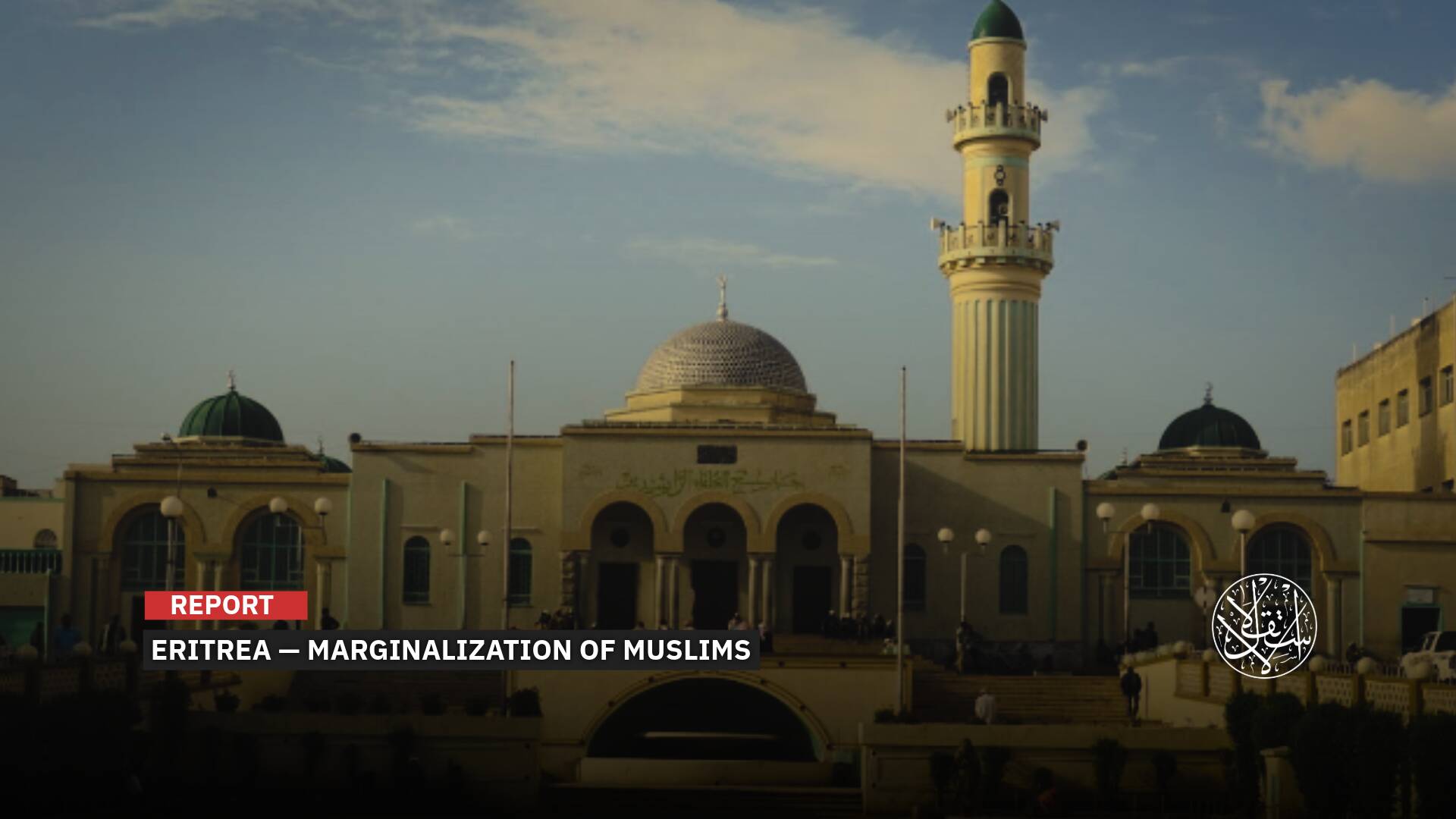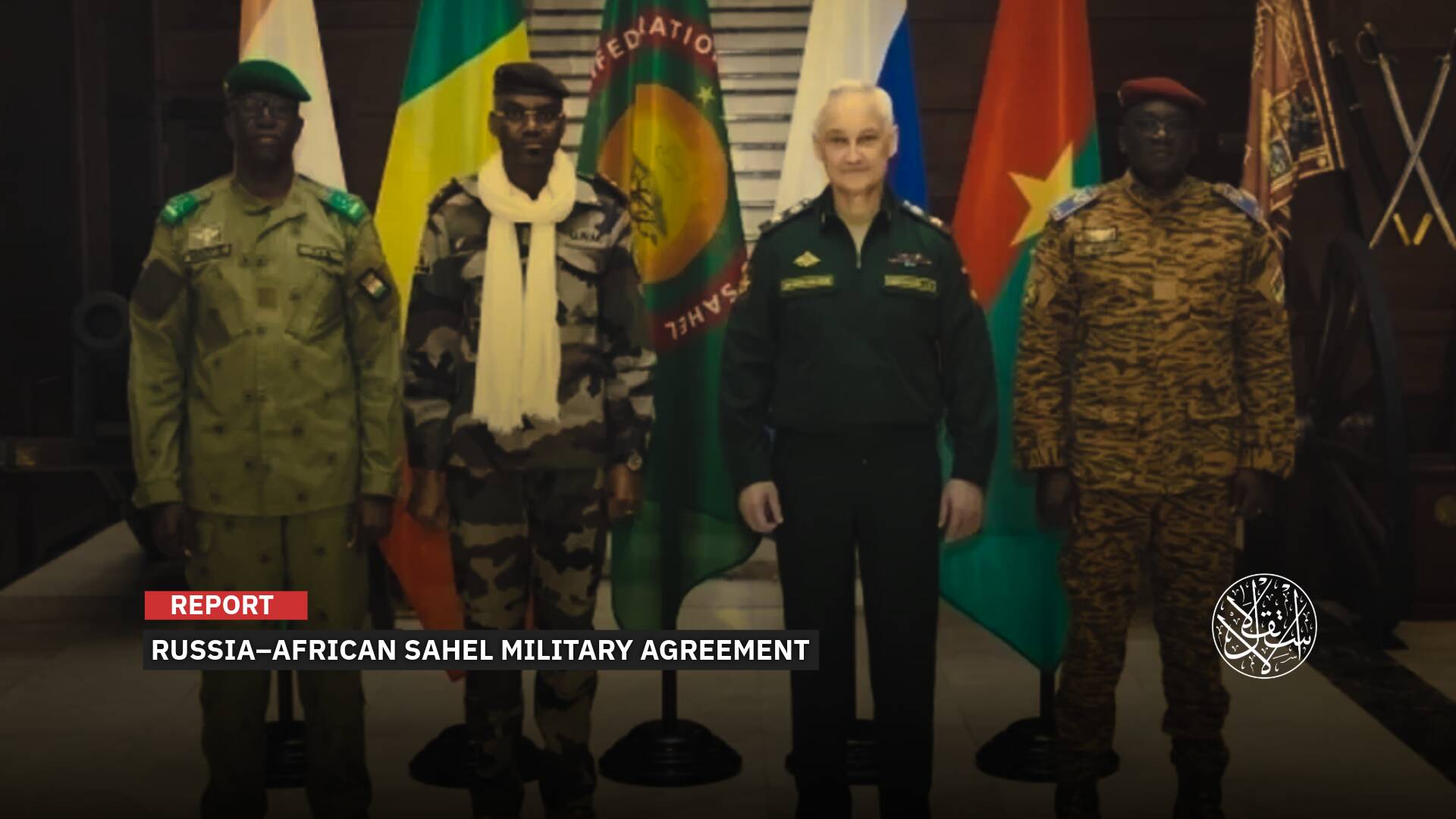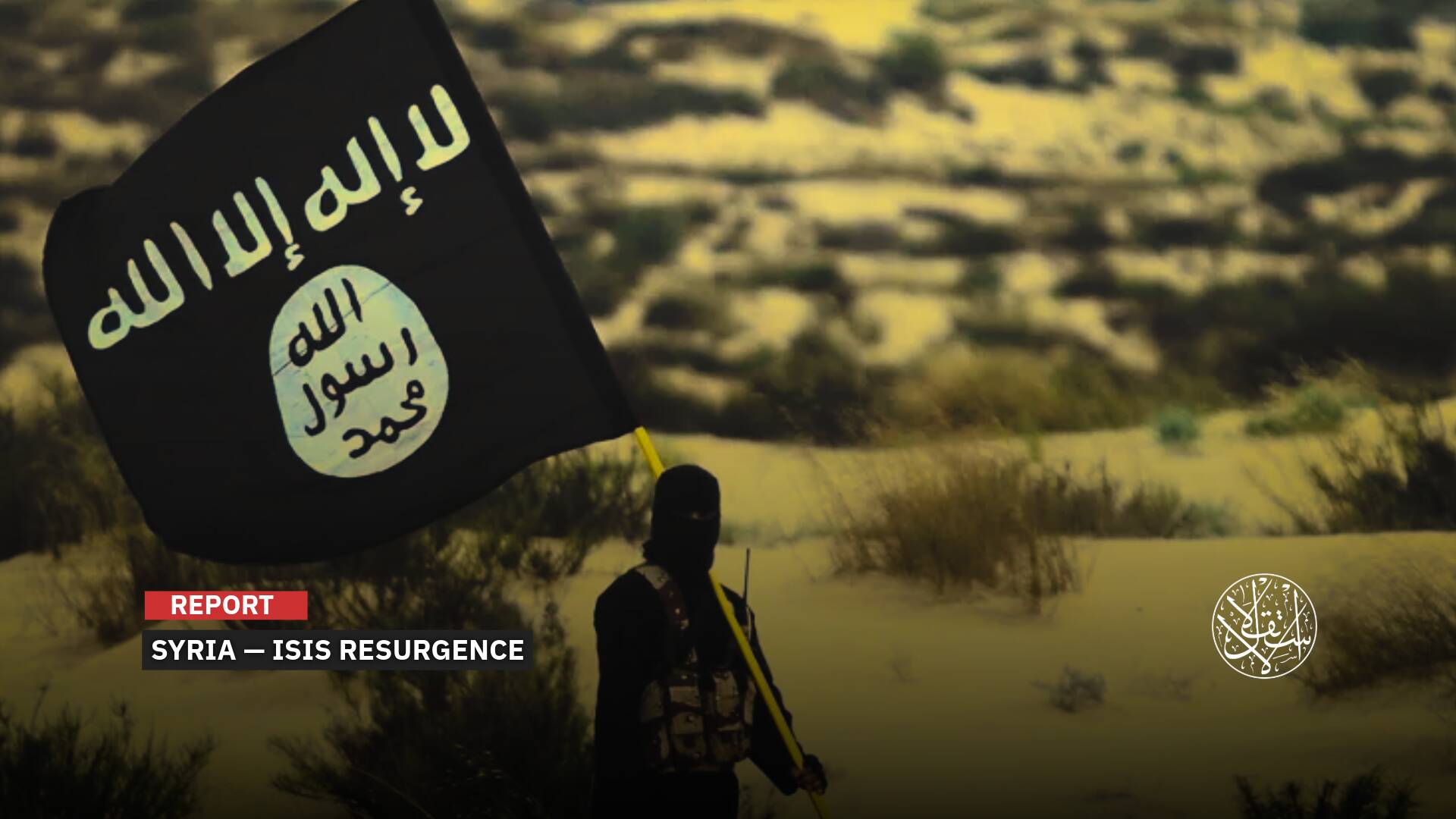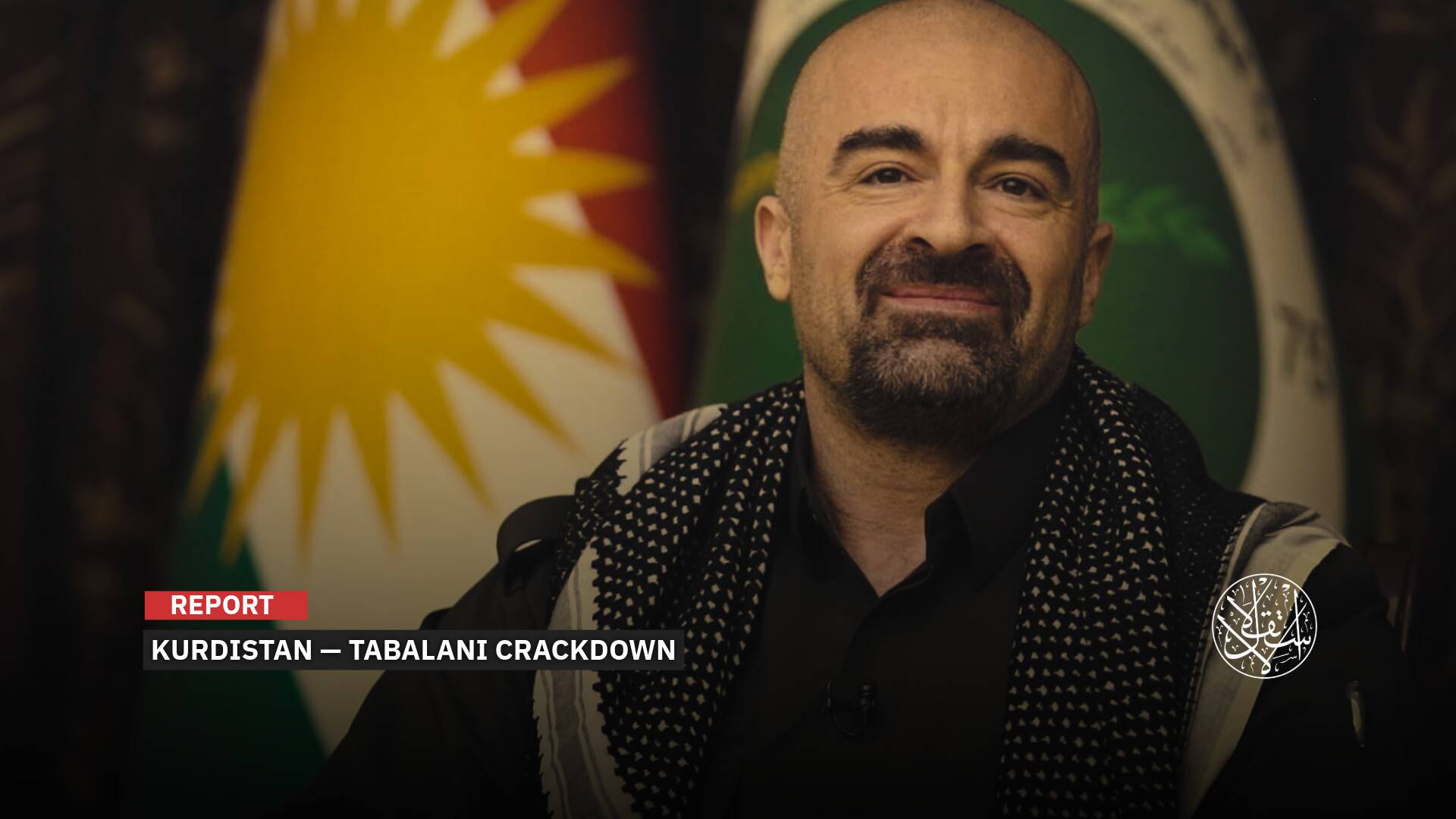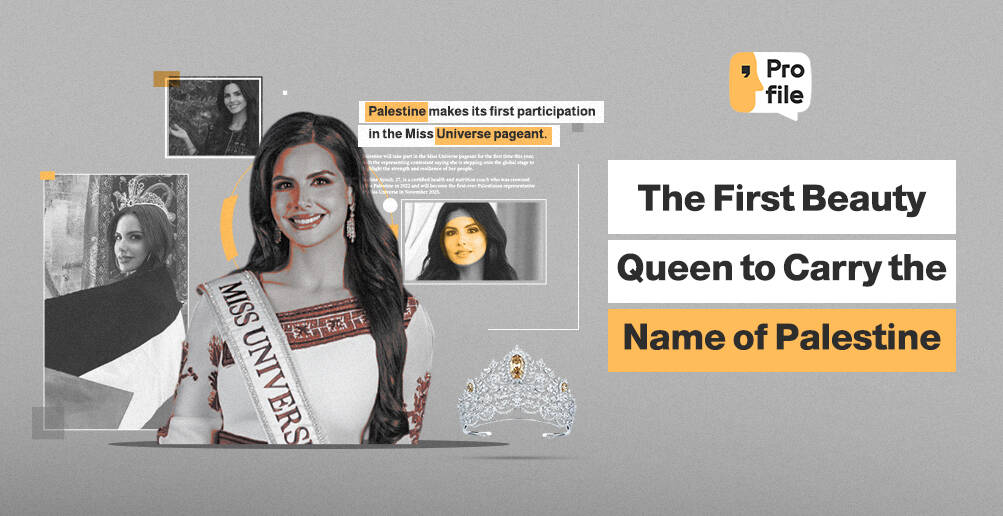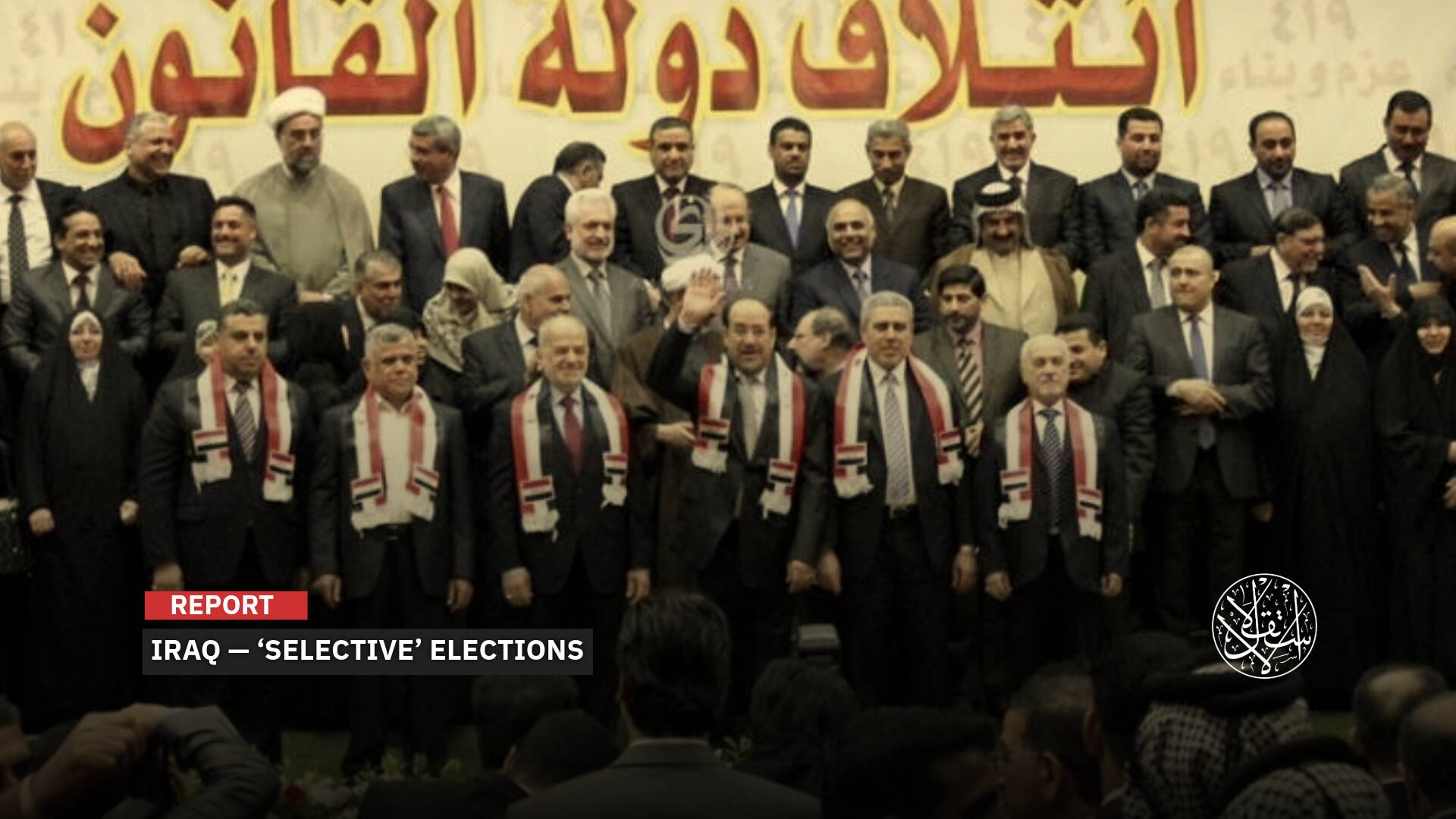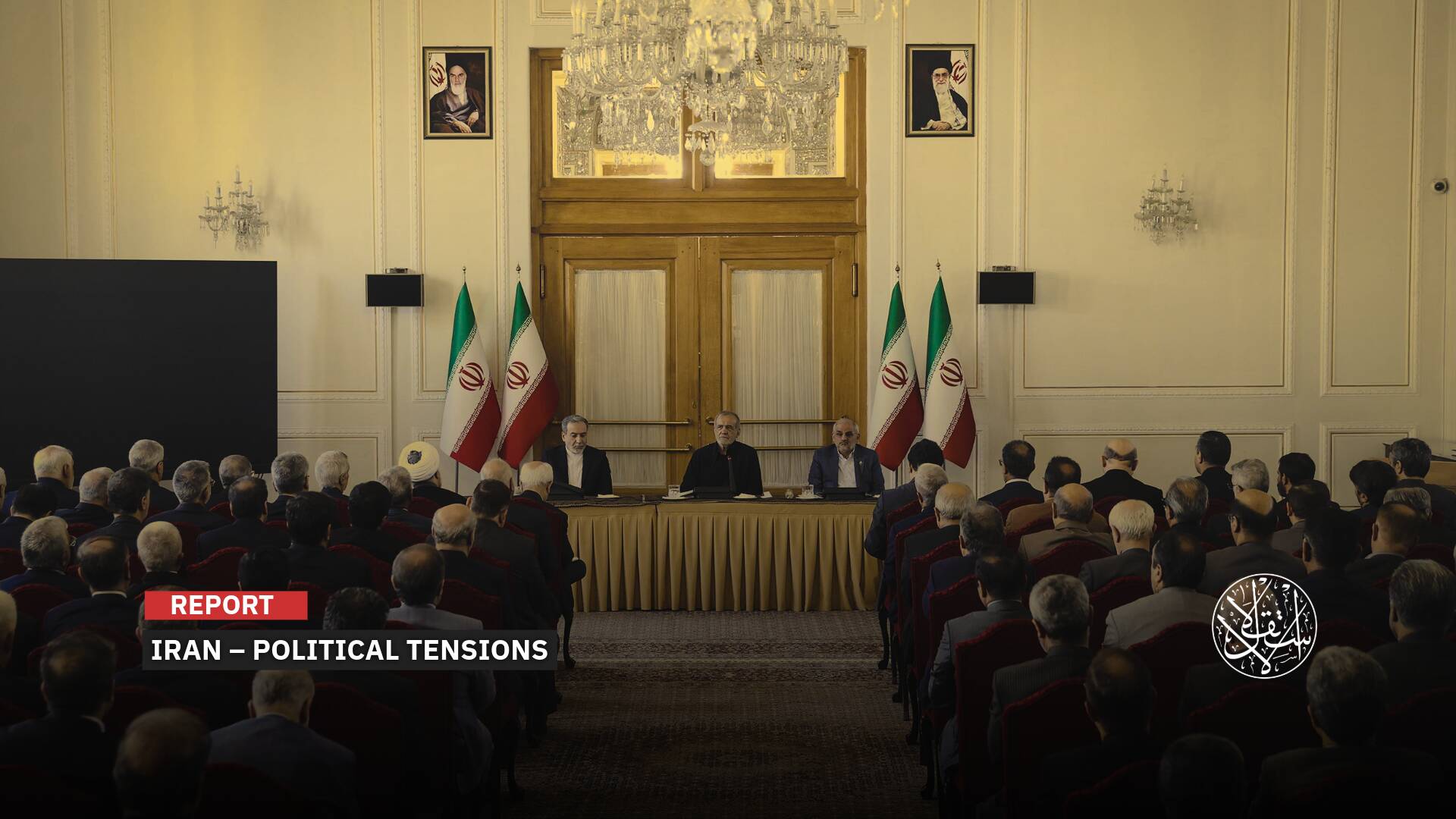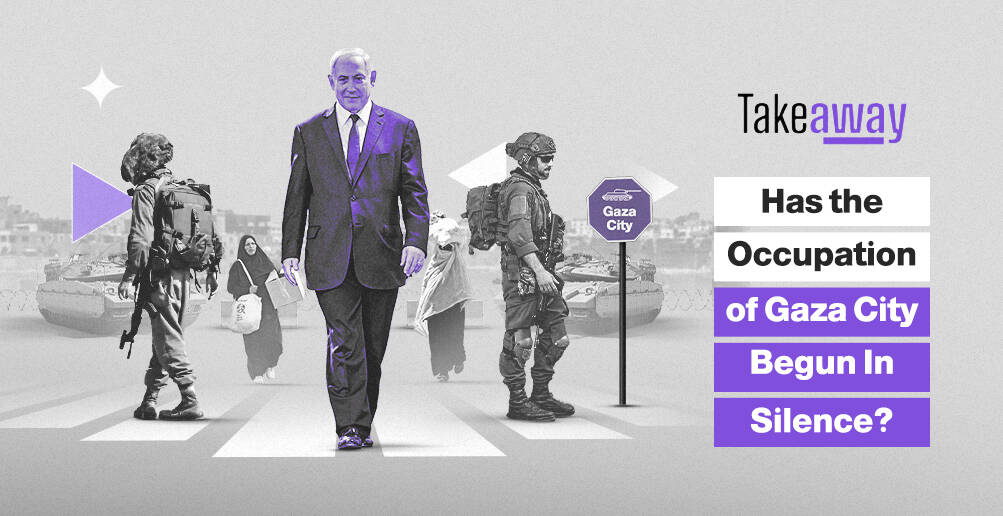Rwanda’s Genocide; Report Presents New Facts about France's Involvement

A report prepared by a U.S. law firm at the request of Rwanda, confirms that France “bears great responsibility” for the genocide against Tutsi ethnicity, that took place in Rwanda in 1994; France continues to refuse to confess its involvement in this tragedy.
On April 19, 2021, the report's authors confirmed the existence of a French role in these massacres, which killed more than 800,000 people in three months, “We have concluded that the French State has a great responsibility to make the expected genocide possible”, with regard to Tutsi ethnicity.
The investigation, commissioned by the Rwandan government-commissioned law firm Levy Firestone Muse in 2017, said France knew of the readiness for genocide, but it continued to provide “firm support” to the regime of President “Juvenal Habyarimana”.
This support continued even when the “intention of genocide became clear”, in the “land of the thousand hills” between 1990 and 1994, before and during the genocide against Tutsi.
The report added: “The report documents French intervention while trying not to inflame the situation in the context of a lull between the two countries, even those who were waiting for mortar fire will also pay the price”.
The report refrained from any noisy conclusion that would revive old wounds, a tragic conflict that would discourage any lasting diplomatic rapprochement between Kigali and Paris for a quarter of a century.
There are no shocking phrases under symbolism, but there is a brief observation, that would downplay the importance of Rwandans, “France has made the expected genocide possible”.
The newspaper said: “It is a vague judgment where the long-awaited key words, such as “French responsibilities” and “French complicity”, are deliberately absent.
A Rwandan official summarizes, without further explanation, “We're not talking about collusion that we don't really understand, we focused mainly on the facts”.
Diplomatic Crime
Water has flowed into the Kagera River under bridges since the publication of the Moikoi Commission report in August 2008, whose title itself began as a diplomatic crime against France.
The report is entitled: "The Independent National Commission responsible for collecting evidence, showing the involvement of the French State in preparing and carrying out the 1994 genocide in Rwanda”, in addition to the stinging conclusions, which directly confirm the preparation and then execution of the genocide by the French authorities at the time.
This seven-member committee, chaired by the late Jean-de-Dieu Soult, he is the former Attorney General and former Minister of Justice, who has drawn up a list of thirteen political figures and twenty French soldiers whose personal participation has been confirmed, this paves the way for possible legal proceedings.
This first Rwandan attempt to write the history of a controversial new colonial adventure has caused a storm in France for many years among the main figures involved in the issue.
Today, a source in the Rwandan presidency secretly summarizes, that Kigali was concerned in the context of diplomatic appeasement after the election of Emmanuel Macron in 2017, by not inflaming the situation without thinking about the consequences.
The source says: “This new report is a historic indictment, but it is not judicial, it does not show anyone's responsibility, but it does not adopt the accusatory logic of the Moikoi report”.
The newspaper considers this to be a bias reflected in the neutrality of the title of the report: “Expected genocide, the role of the French State with regard to the genocide against Tutsi in Rwanda”.
The new thing in the Kigali report, not least is: “this lengthy investigation (which began in early 2017) is attributed to U.S. law firm Levy Firestone Muse based in Washington, D.C.”.
This option may seem contradictory since the French figures involved in this case were brought to justice, this is not what the Rwandan Government is seeking.
It should be noted that this company has long experience in complex investigations involving states.
Bob Moss was particularly responsible for the U.S. Senate's investigation into responsibilities related to the administration of Hurricane Katrina in 2005.
Among the various issues on the company's website, other sensitive files were mentioned, in particular, as part of the investigations conducted by the United States Congress: Watergate scandal (a famous espionage operation in Washington), "The Fast and the Furious" (illegal arms exports to Mexico to fight drug cartels); similar to the issue of “Iran Contra”, and the issue of "Bloody Sunday" in Northern Ireland.
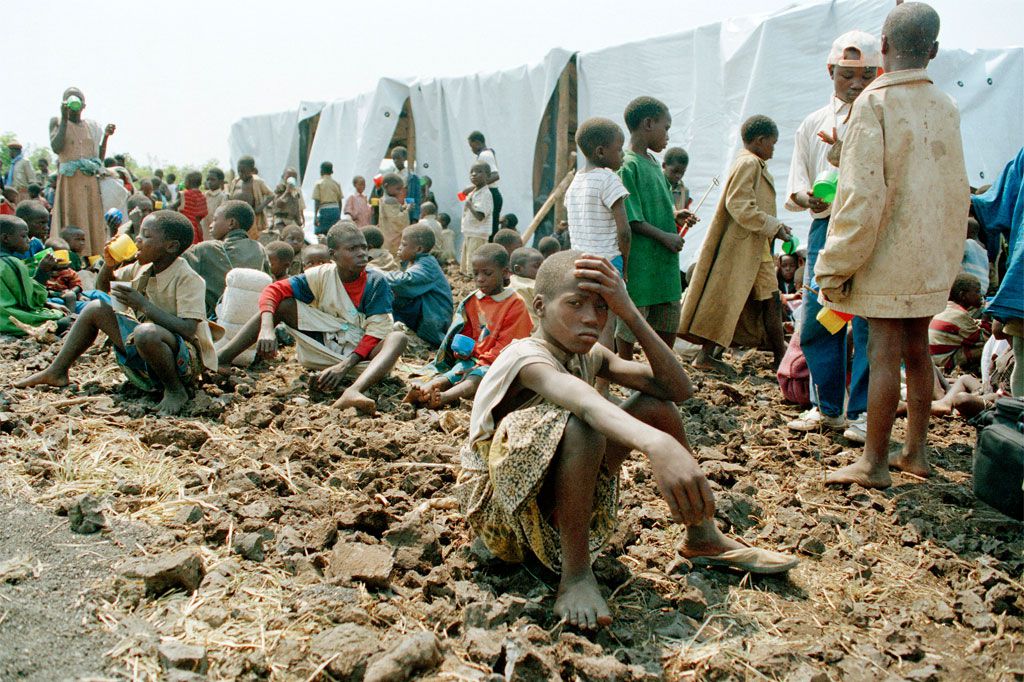
Political Responsibilities
The rapporteurs wrote that this “investigation has summoned hundreds of witnesses and documents on three continents, interviews were called for 250 witnesses in English, French and Rwandan Kenyans, he collected and analyzed millions of pages of documents, copies and newspaper articles at the time mainly in these three languages”.
Among the witnesses heard "informally" were some French soldiers who disagreed with the official opinion defended by Paris at the time, investigators from the U.S. Law Firm interviewed President Paul Kagame himself.
On the other hand, despite the diplomatic warmth that has existed for more than three years, investigators found the door closed in Paris, and "the French state, despite its knowledge of this investigation, but it did not cooperate, and the Rwanda sent it several requests for documents proving the facts”, the French state approved the receipt of these applications on December 29, 2019, July 10, 2020, and January 27, 2021, but did not reply.
Upon completion, the 580-page Kigali Report (Moi kio Commission) provided a useful addition to the report announced on March 26, by the Committee of Historians headed by Vincent Duclair in France, (which has a page of nearly 1,000 pages).
A Rwandan presidential source said: “Even if there is no coordination between the two committees, the content of each of their reports is widely moving in the same direction”.
The new 600-page report was unable to provide any evidence of the involvement of French officials or officials in the April-July 1994 killings, but he rejects the idea that Paris was "A blind" to the genocide being prepared.
Claiming to be willing to focus on the political responsibilities of Paris, before and after the genocide, the Rwandan authorities assume that they did not seek to document some of the episodes in an accurate manner, no matter how sensitive it is, such as Operation Turquoise (June-August 1994), that were presented offensively as a humanitarian act.
But it in turn postponed the defeat of the genocide camp, with a safe passage to escape, with impunity towards the Democratic Republic of Congo (formerly Zaire).
This option will certainly be questioned by observers critical of France's role, in particular, the same source immediately determines that “The process of Turquoise was not homogeneous: a secret military operation was carried out, in this operation, which was presented as humanitarian”.

“Normalization” Efforts
On the other hand, what is new in the Rwandan report is to push it to the maximum extent of its achievement beyond the end of the genocide, i.e., to the July 1994 borders.
A source for the newspaper “Jeune Afrique” working in the presidency: “In the years that followed, Paris conducted many procedures, in an attempt to secretly sabotage the work of the new Rwandan regime, these attempts at deception included, in particular, Presidents Jacques Chirac and Francois Hollande”.
American lawyers say: “Logically, their predecessor Francois Mitterrand, which has been identified as the main inspiration for the deadly and ancient policy, carried out in Rwanda between 1990 and 1994”.
They explained: “The arrogance of President Mitterrand's new colonial commitment to Rwanda was expressed, in the fact of promoting the geopolitical interests of the French state, with mockery of the consequences that Tutsi may have in Rwanda”.
In the same context, they add that for French policy in Rwanda, the essence of it wasn't the genocide looming on the horizon, rather, the fact that the Rwandan Patriotic Front was prevented from establishing what French President Mitterrand called “Tutsi province” in June 1994.
Paul Kagame is expected to arrive in Paris on May 18 and 19, 2021, he will later participate in the summit on the financing of sub-Saharan Africa's economies, at a meeting on Sudan.
For his part, Emmanuel Macron is expected to make an official visit to Kigali the same month, they have not yet been officially scheduled, it is an opportunity for the two men to push the normalization process that began in 2017 a little further.
Some have already begun, hoping that the French President will be able on this occasion, out of denial that closed nearly 27 years ago, any word of repentance on the part of the representatives of the French state.
An official source in Kigali says: "We are not asking for an apology”, so far, only Belgium, the United States, the Vatican and the United Nations have provided it, “Emmanuel Macron wants to make a great gesture on this occasion”.


